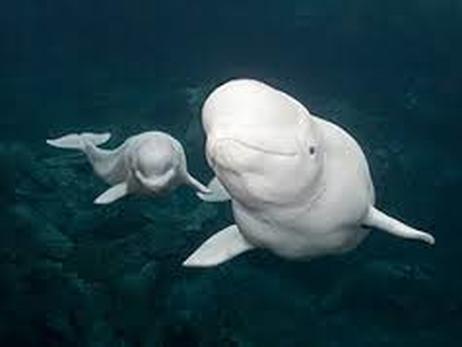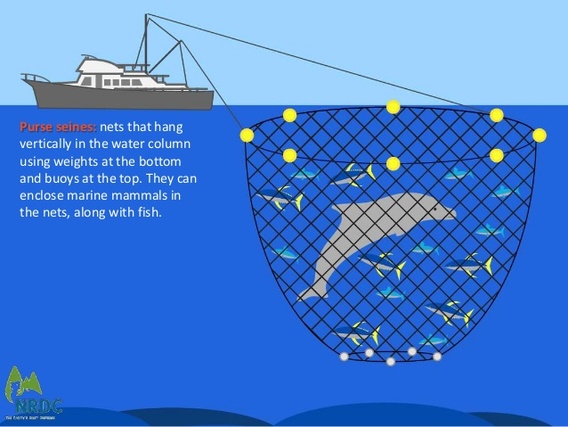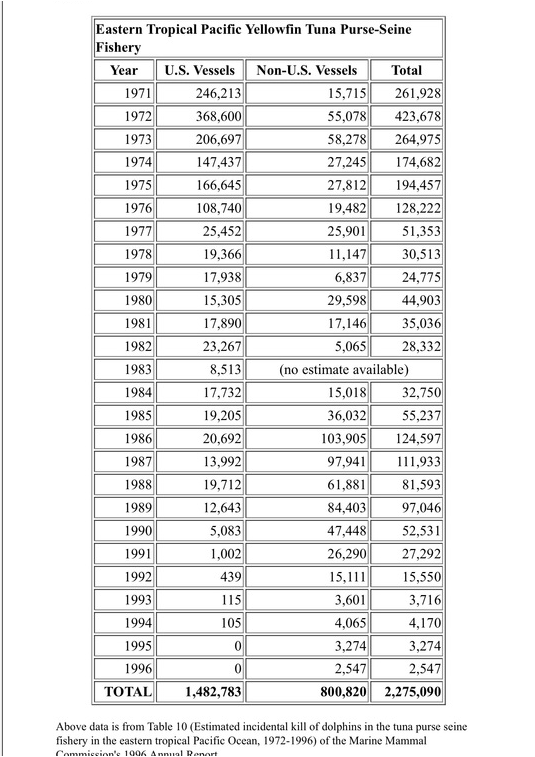BackgRound on the Act
The Marine Mammal Protection Act or MMPA was created on October 21st in 1972.
- It protects all cetaceans, pinnipeds, and sirenians as well as polar bears and sea otters within US waters.
- It limits the amounts of imports and exports of any marine mammals or their products in the United States.
- The MMPA makes it illegal to "take" animals without a permit, including feeding, hunting, capturing or harassing.
- It states that congress has found that certain species or groups of animals are "in danger of extinction or depletion as a result of man's activities", and these populations should not be permitted to diminish below their optimum sustainable population" (NOAA).
- The MMPA also strives to protect the essential habitats of these animals including their mating grounds and rookies along with any other mating habitats.
Opposition to the Act
- "MMPA critics in the fishing industry and Native Alaskan community believe that NMFS has been so restrictive in calculating PBRs that the economic viability of certain fisheries (e.g., the New England and mid-Atlantic gillnet fisheries, Bering Sea Pollock fishery) is being compromised."
- What about taking marine mammals into captivity of enjoyment and "education"?
- The MMPA does allow for public display of marine mammals.
- 'But importing animals into captivity will help with conservation...'
- "Neither the Georgia Aquarium, nor SeaWorld, nor any other marine mammal captive facility has, in fact, presented any evidence that they are helping to protect and "conserve" belugas."
- 'But importing animals into captivity will help with conservation...'
NOAA and the Georgia Aquarium
- The Georgia Aquarium was looking to take 18 Beluga whales into capativity.
- This would have been the first time since 1993 that an aquarium had imported whales or dolphins straight into captivity.
- NOAA was asked to approve the idea-which they did not.
- When deciding to go along with the idea or not they had to take into account several factors, including the age of the animals in question, how humane the capture and transport of the animals would be, how sustainable this particular stock of belugas was, and lastly, the effects of the capture with regard to the MMPA criteria.
MMPA in reguards to the Tuna industry
- In the early 1970s, around 600,000 dolphins were killed by tuna fishing operations so in 1972 the MMPA was instituted to help combat this problem.
- At the time a type of tuna fishing uses purse seine nets to entrap the tuna that swim below the dolphins.
- When the net is pursed (drawn together), the tuna and sometimes even dolphins are caught.
- When the MMPA was passed in 1972, the US was responsible for about 87% of the dolphin kill from tuna fishing.
- Eventually, Congress did realize that these new regulations were putting the US tuna industries at a disadvantage for catching tuna because they were spending so much money to make sure that their catch was dolphin safe.
- In 1984 they amended the act so that countries exporting tuna to the US had to prove that they had implemented programs similar to the US dolphin protection program.
- These nations also had to show that that the average rate of accidental dolphin fatalities was at least close to the number of deaths caused by the US fleet.
-
A World Without the MMPA
The bottom line is that without the Marine Mammal Protection Act, far more marine mammals would die everyday in US waters. Ecosystems are carefully balanced and it only takes a few humans to throw off the numbers and destroy entire habitats. Oftentimes animals like whales and dolphins are apex predators on the top of their food chains and without them, smaller pry species would quickly overwhelm the ecosystems. Mammals like cetaceans ensure that natural selection takes place so that the strongest and fittest of their food sources survive to see the next generation. This benefits everyone, even us, and ensures that only the healthiest and safest fish end up on our tables. Without the conservation of these magnificent creatures, much the world would be in disarray, and could lead to other problems down the road, including overpopulation and the spreading of invasive species. Without many marine mammals, the world as we know it would be changed drastically, and for the worst, we must look out for them now while there is still time to save them.




